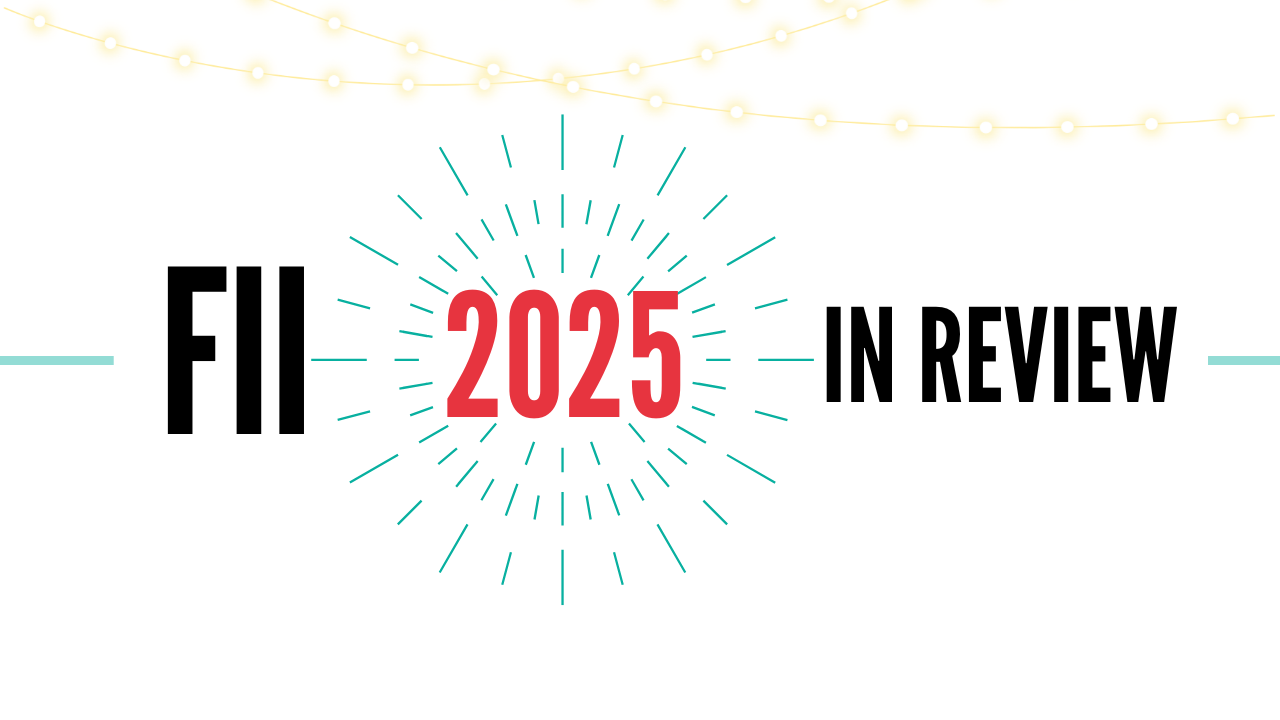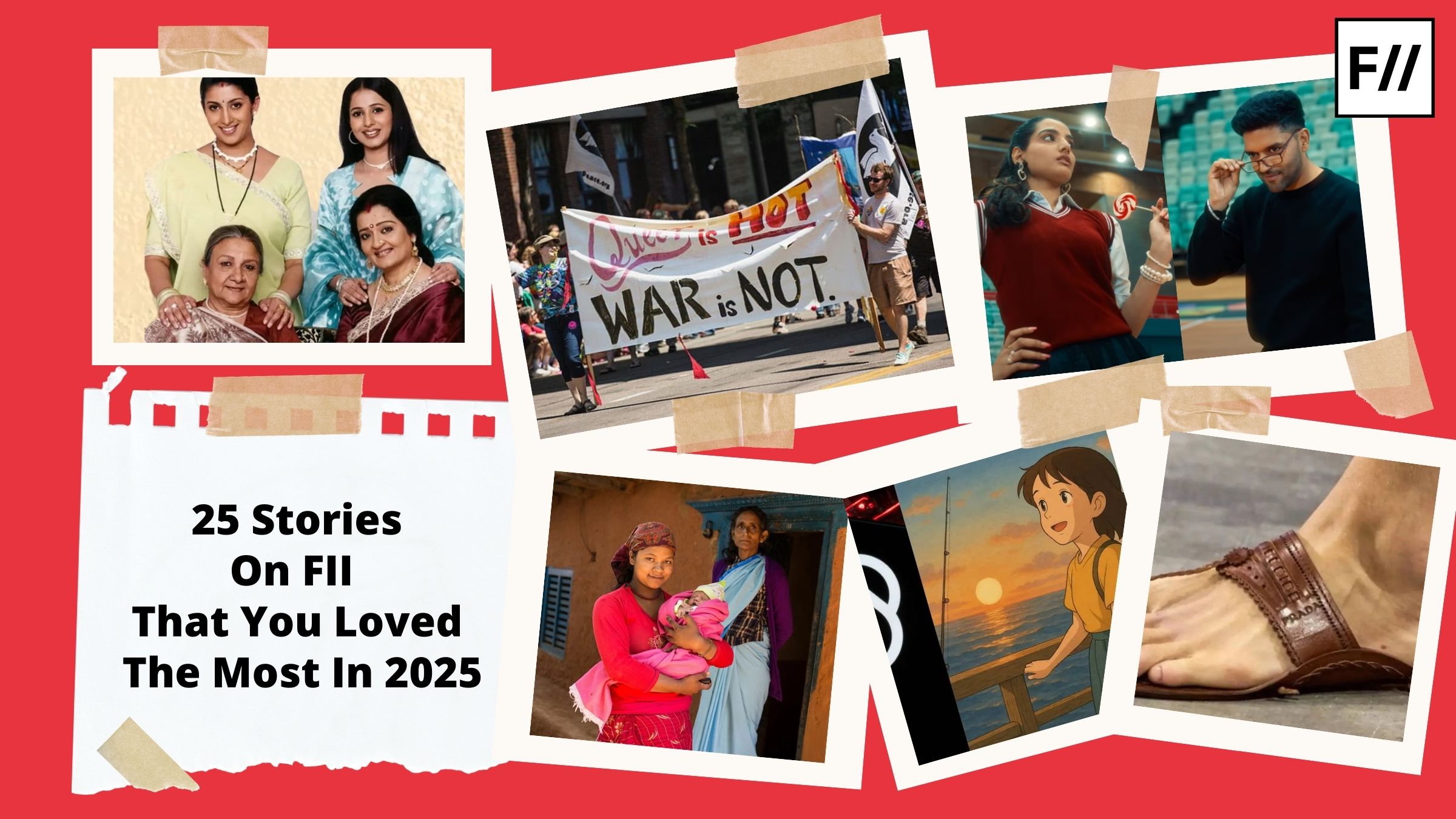On Sunday, December 17, UNICEF India and Learning Links Foundation organised a Digital Wellness Carnival for children and young adults to empower youth online and teach them how to make the best use of digital tools while growing up online. Apart from the students, the event was also open to parents, teachers and caregivers.
UNICEF also released its global report State of the World’s Children 2017: Children in a Digital World. Despite children’s massive online presence – 1 in 3 internet users worldwide is a child – too little is done to protect them from the perils of the digital world and to increase their access to safe online content, UNICEF said in its annual flagship report.
Today we were at @UNICEFIndia‘s
Digital Carnival for children at the National Bal Bhawan ? in Delhi, an event on empowering youth online & how to make the best use of digital tools while #GrowingUpOnline. #DigitalHifazat #StaySafeOnline ? pic.twitter.com/cKbZQ0S1Vg— Feminism in India (@FeminismInIndia) December 17, 2017
FII Founder Japleen Pasricha was invited at the Digital Wellness Carnival to hold a workshop on giving the youth, especially young girls, more power online. In this session, Japleen talked about gender bias in online spaces and suggested ways on how to empower the youth, especially girls, online.
She started the workshop with an exercise to check how strong is your password. The students were a pleasant surprise! Only some of them had put their birthdates in their passwords. The rest had no personal data and had put special characters in their passwords. Most of the students were also aware of 2 Factor Authentication and explained the process to the crowd at large.
Japleen Pasricha conducts a #workshop with children at our #digital carnival on how to make stronger #passwords and #StaySafeOnline
@japna_p pic.twitter.com/O6ZRSRXBJJ— UNICEF India (@UNICEFIndia) December 17, 2017
Then Japleen talked about mobile apps and how to keep your phone safe. It is not advisable to keep your Location, WiFi etc on when you’re not using them. Not only do they eat your phone’s battery unnecessarily, but you can be easily tracked and hacked via GPS Location and open, unsafe and public WiFis, respectively.
When you’re not using a particular #app, make sure its #location service is off so that #hackers can’t track you: Japleen Pasricha on how to #StaySafeOnline at our #digital carnival in Delhi@japna_p pic.twitter.com/vuDNeDNwqn
— UNICEF India (@UNICEFIndia) December 17, 2017
The conversation went from webcam stickers à la Snowden to Snapchat and safe sexting. We discussed how to send private sexy photos of yourself and safely (here’s a handy guide) and how story features in new apps like Snapchat and Instagram are safer than WhatsApp and Facebook, where you can send photos for a particular period of time and get alerted when someone takes a screenshot.
Even if your computer’s #webcam is switched off, #hackers can use it to #spy on you. So, if you’re not using your webcam, put a sticker on it: Japleen Pasricha of Feminism in India advises #children on how to #StaySafeOnline at our #digital carnival @japna_p pic.twitter.com/8cf2cSpp1F
— UNICEF India (@UNICEFIndia) December 17, 2017
Japleen concluded with discussions on consent and making informed choices on the internet, for example, not sharing your passwords with anyone including your parents, siblings, friends and girlfriends and boyfriends. Online safety and digital security don’t always have to about high-end technology like encryption or using VPNs, but just taking basic precautionary measures and using one’s common sense can ensure that you keep yourself, your loved ones and your devices safe.
#DigitalSecurity is not always high-tech, but a lot of times just common sense. Use 2FA, strong passwords & never shares password with anyone, concludes @japna_p. #DigitalHifazat. #OnLineSafety
— Feminism in India (@FeminismInIndia) December 17, 2017
Also read: A Participant’s Learnings From Our Workshop On Combatting Online Violence
About the author(s)
Feminism In India is an award-winning digital intersectional feminist media organisation to learn, educate and develop a feminist sensibility and unravel the F-word among the youth in India.




